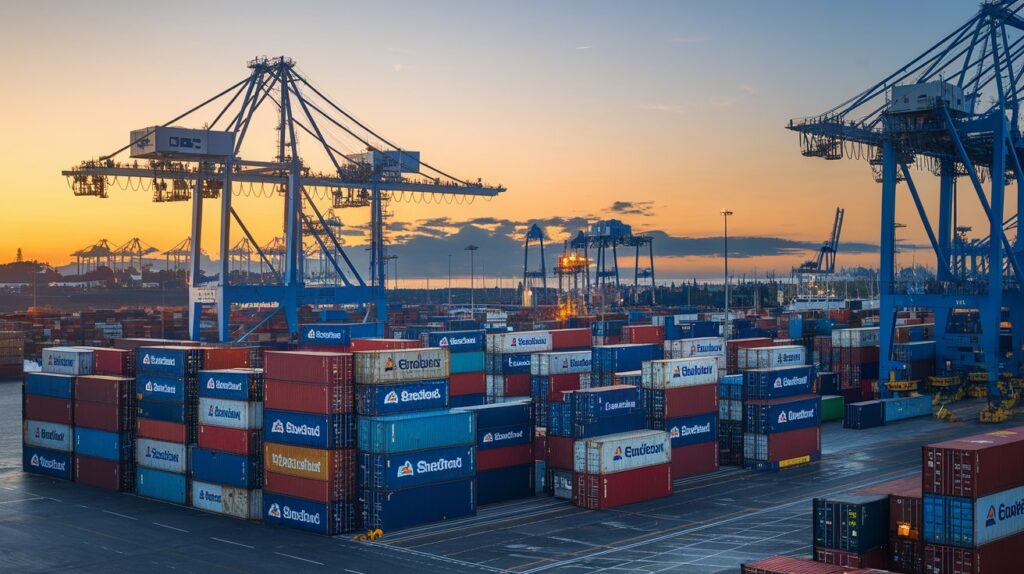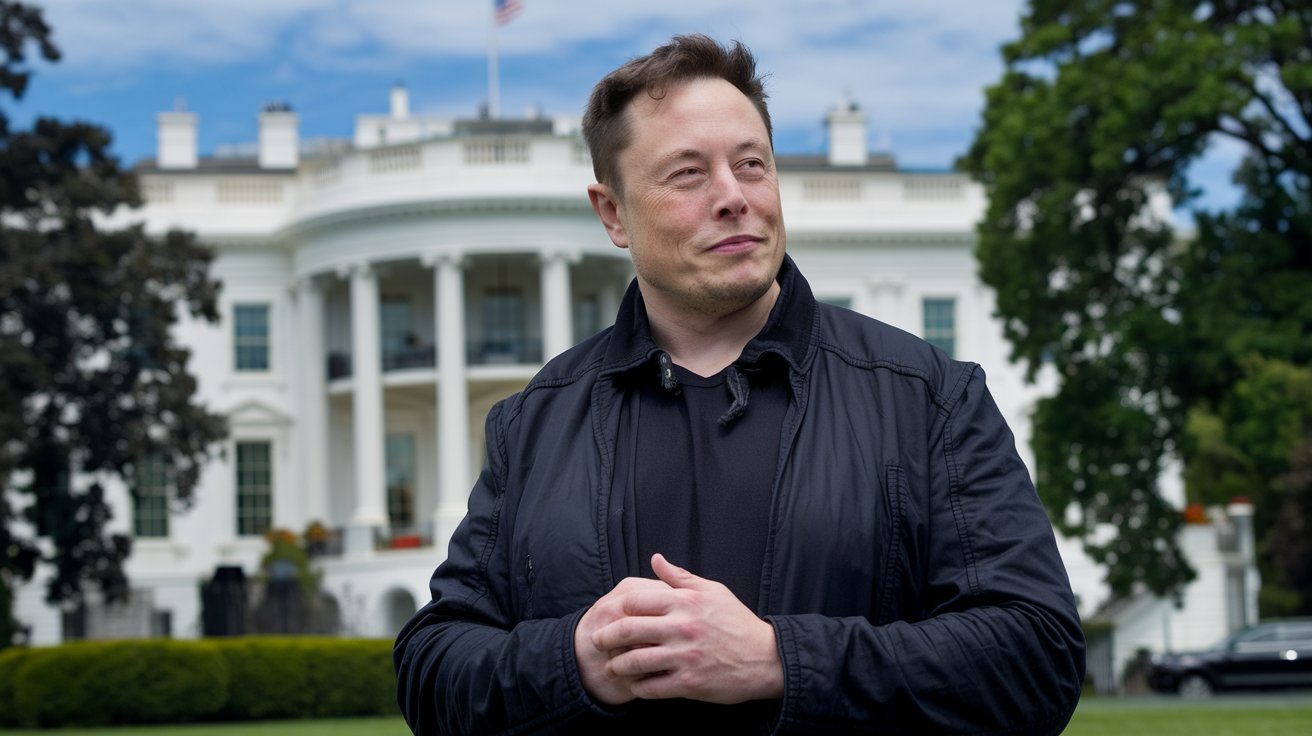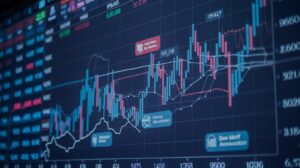Trump’s Second Term How Musk’s Government Role and New Tariffs Will Reshape U.S. Business
As President Donald Trump embarks on his second term, major policy shifts are set to redefine the business landscape in the United States. The appointment of Tesla and SpaceX CEO Elon Musk to a newly established government role, combined with a fresh wave of tariffs, signals a new direction for American industries. Business owners, investors, and consumers alike must prepare for sweeping changes that will affect everything from technology to trade and manufacturing.
Table of Contents
Elon Musk’s Government Appointment: A Game-Changer?
One of the most talked-about decisions of Trump’s new administration is the appointment of Elon Musk to lead the Department of Government Efficiency. This unprecedented move aims to streamline bureaucratic operations, introducing Silicon Valley’s innovation into Washington, D.C.
Musk’s track record in technological advancements, automation, and space exploration makes him a strong advocate for reducing government waste. Supporters argue that his involvement could accelerate infrastructure development and increase efficiency across various sectors. However, critics worry about potential conflicts of interest, as Musk’s business empire could benefit from deregulation and government contracts.
Related Impact: If Musk successfully implements AI-driven automation within government agencies, it could cut administrative costs, leading to tax savings and faster project execution.
New Tariffs: Economic Protection or Business Disruption?
Another significant policy shift is Trump’s aggressive tariff plan targeting imports from China, Canada, and Mexico. Designed to bolster domestic manufacturing, these tariffs could lead to significant economic shifts across multiple industries:

- Automotive Industry: Higher tariffs on imported car parts may increase production costs, leading to price hikes for consumers.
- Retail & E-commerce: Companies reliant on international suppliers may face supply chain disruptions, forcing them to adjust pricing or look for alternative sources.
- Technology & Semiconductors: U.S. tech firms that rely on Chinese-manufactured components might need to find new suppliers, potentially delaying production and increasing costs.
While these measures aim to protect American jobs, they may also invite retaliatory tariffs from other countries, leading to trade disputes. According to the Financial Times, previous tariffs imposed by the Trump administration led to short-term economic uncertainty but long-term gains in domestic job growth.
Industries Most Affected by Trump’s Second-Term Policies
1. Technology & AI Development
Elon Musk’s involvement in government efficiency could lead to new incentives for AI research and automation, benefiting startups and major tech firms. However, increased scrutiny over Big Tech monopolies may also pose regulatory challenges.
2. Energy Sector
With Trump’s focus on fossil fuel production, expect deregulation that favors oil and gas companies while slowing the growth of renewable energy projects. This shift could impact job creation and sustainability initiatives.
3. Manufacturing & Supply Chains
With the push for ‘Made in America,’ businesses must reconsider their reliance on overseas production. While this could increase job opportunities domestically, higher manufacturing costs may be passed on to consumers.
How Businesses Should Prepare
For businesses to navigate these shifts successfully, they should:
- Adapt Supply Chains: Look for alternative domestic suppliers to mitigate tariff effects.
- Invest in Automation: With Musk’s efficiency-driven policies, AI and automation will become key in reducing costs.
- Monitor Policy Changes: Staying ahead of government regulations will help businesses make proactive decisions rather than reactive ones.
Conclusion
Trump’s second term is already proving to be a turning point for U.S. businesses. The appointment of Elon Musk introduces a unique opportunity for technological innovation in government, while new tariffs are set to reshape global trade relations. Whether these policies will be a net gain or loss depends on how industries adapt to the changing economic landscape.
By staying informed and agile, businesses can position themselves for success amid these dramatic changes. [USnewsSphere.com]








